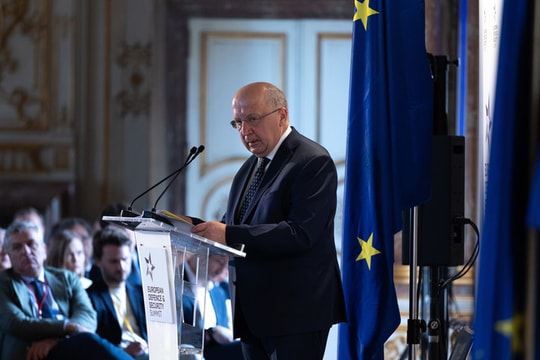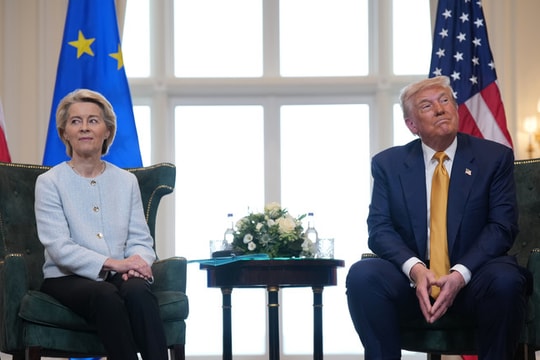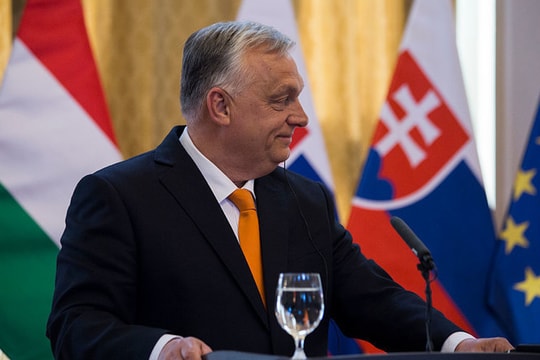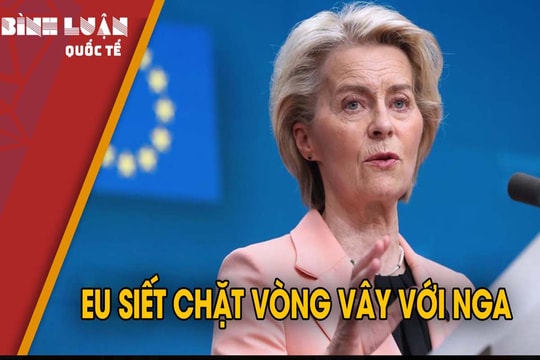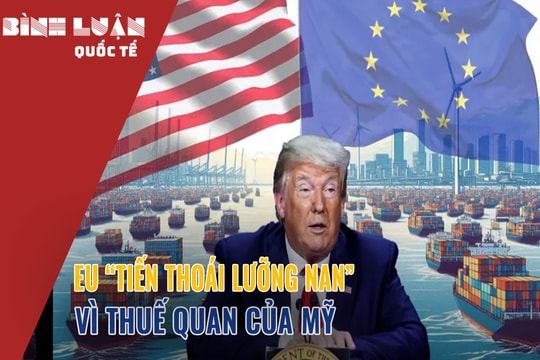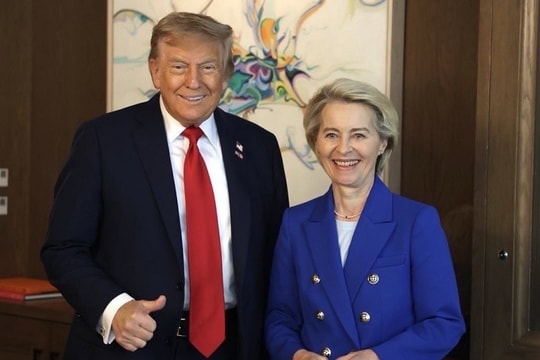'Multi-speed Europe' - not easy!
(Baonghean) - Last weekend, the Spring Summit of the European Union (EU) concluded in Brussels, Belgium. Taking place in the context of many divisions in Europe, the conference is expected to create momentum for solidarity and unity within the bloc. However, the strong opposition of Poland and the concerns of some Eastern European countries about the idea of a "multi-speed Europe" are clearly revealing the great difficulties that Europe is facing.
Citizenship classification?
With a series of divisions and conflicts in recent times related to growth, immigration, development orientation after the UK leaves the union..., more than ever, European leaders are striving towards a common home of unity and solidarity. This is demonstrated by the fact that at the discussion sessions, EU leaders tried to come closer together, finding common points on the basis of their own positions.
The most prominent is the idea of building a “multi-speed” Europe put forward by the European Commission in its “White Paper” on the future of Europe. Explaining this idea, European leaders admitted that it is difficult for EU member states to act and think alike and that change is necessary. At the same time, the UK’s exit from the EU is also the driving force for Europe to shape a new framework.
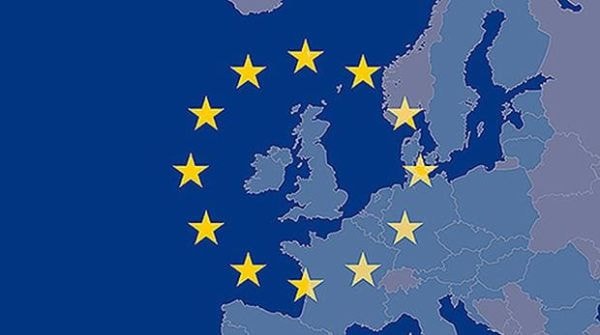 |
| A united and united Europe is the biggest goal of EU leaders. Source: Telegraph |
However, this idea has met with mixed opinions. As countries with leading economies in Europe, countries such as Germany, France, Italy, and Spain have all expressed support for this idea.
At the recent informal summit in Versailles (France), French President Francois Hollande emphasized that this is “unity, not uniformity” and said that some EU member countries can go faster and further in areas such as defense, tariffs, etc.
Meanwhile, German Chancellor Angela Merkel said Europe needs to have the courage to accept that some countries develop faster than others. According to her, this is the right thing to do in the current globalization process.
On the other hand, some typical Eastern European countries such as Poland or Hungary are having their own worries. These countries fear that “multi-speed” is just another way of understanding “citizen classification”, when they will likely be “left out” in the development cooperation plans of the entire Union.
At the recent conference, Polish Prime Minister Beata Szydlo did not hesitate to declare her opposition to the idea of a multi-speed Europe. She also emphasized that Poland is determined not to accept any action that would jeopardize the integrity of the common market, the Schengen free travel area and, most of all, the European Union itself.
According to Ms. Beata, what the EU needs to do is to strengthen its ability to reform itself. Not only Poland, but also Slovakia, the Czech Republic and Hungary have recently called on the EU to treat all member states equally.
Difficult to find common ground
In order to reassure all member countries, President of the European Commission Jean Claude Juncker emphasized at the press conference ending the conference last weekend that the EU has no intention of causing division or creating a new "iron wall" with the "multi-speed Europe" scenario.
Mr. Juncker also cited the fact that multi-speed Europe has existed for a long time with the Eurozone or the Schengen area. According to him, these are two great achievements in the cooperation roadmap within the EU, but not all member countries participate. However, the President of the European Commission also admitted that the multi-speed Europe policy could cause disadvantages for some Eastern European countries.
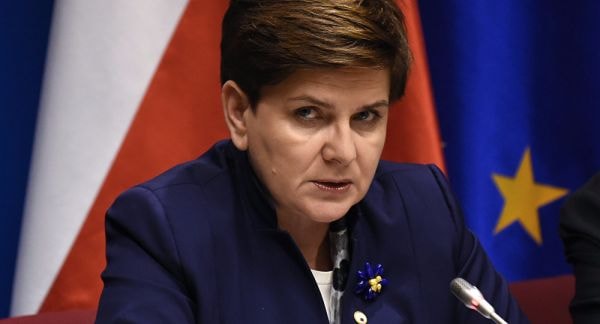 |
| Polish Prime Minister Beata Szydlo and the differences in views that are currently one of the EU's concerns. Source: Telegraph |
Besides, analysts say that having to mention it clearly and publicly in the "Development White Paper" shows that growth contradictions are really a difficult problem for the European Union.
Even a joint statement on the EU's development orientation, expected to be announced on the occasion of the 60th anniversary of the Treaty establishing the European Community - the predecessor of the European Union, to be held in Rome, Italy on March 25, is also predicted to encounter many difficulties.
Certainly, Eastern European countries, especially Poland, will again raise objections, such as not supporting Mr. Donald Tusk's recent re-election as President of the European Council (EC).
Not only that, the cracks and divisions in the “multi-speed Europe” strategy will also be affected by the upcoming Brexit roadmap.
Because it is very likely that British Prime Minister Theresa May will activate Article 50 of the Lisbon Treaty next week, while the EU is not really ready. In addition, a series of other domestic and foreign challenges such as the rise of populism in member countries, relations with major countries such as Russia and the US, etc., will also continue to test the solidarity and unity of the European Union. Whether the idea of "multi-speed Europe" can be realized and succeed or not, it is a matter of time and determination of all member countries.
Khang Duy
| RELATED NEWS |
|---|


